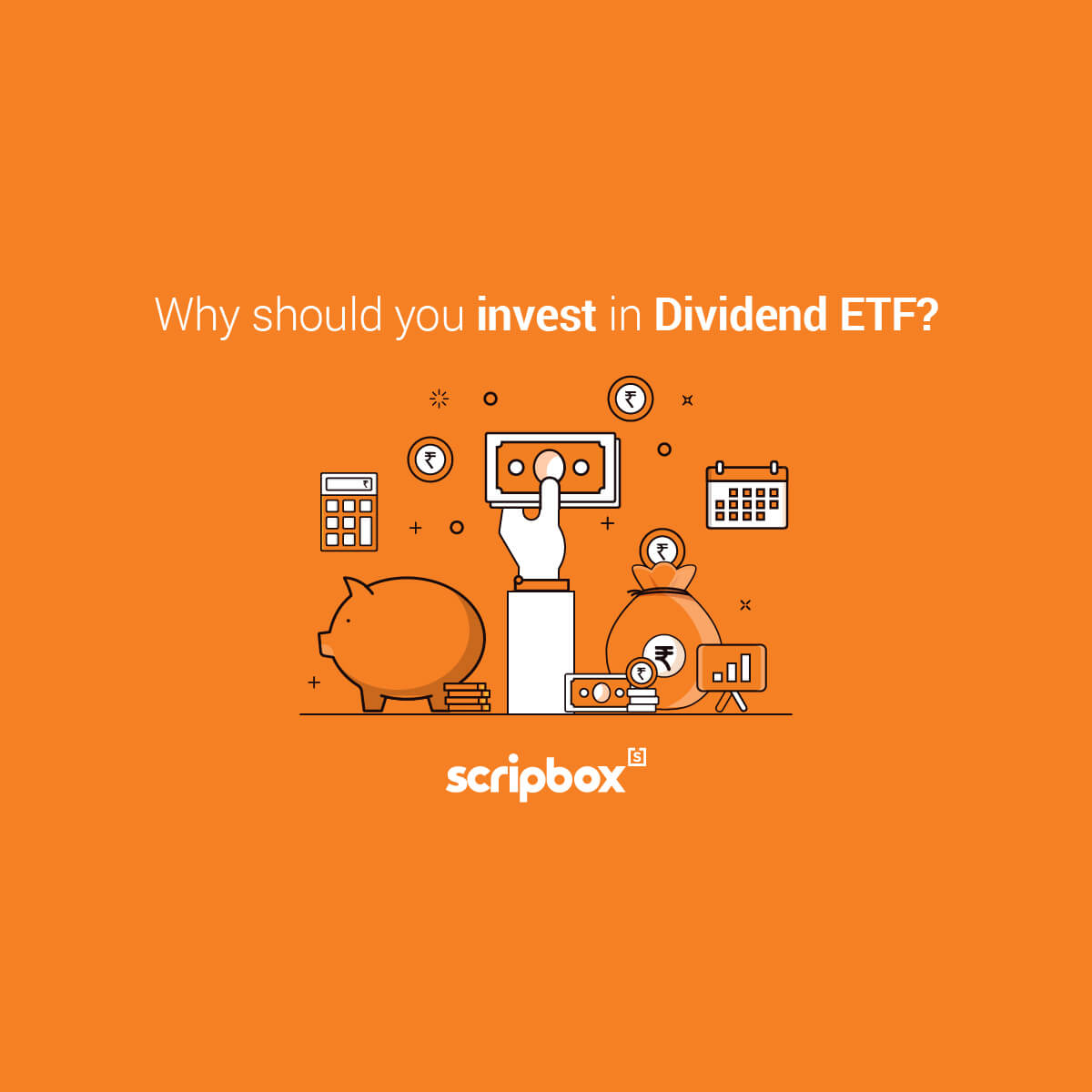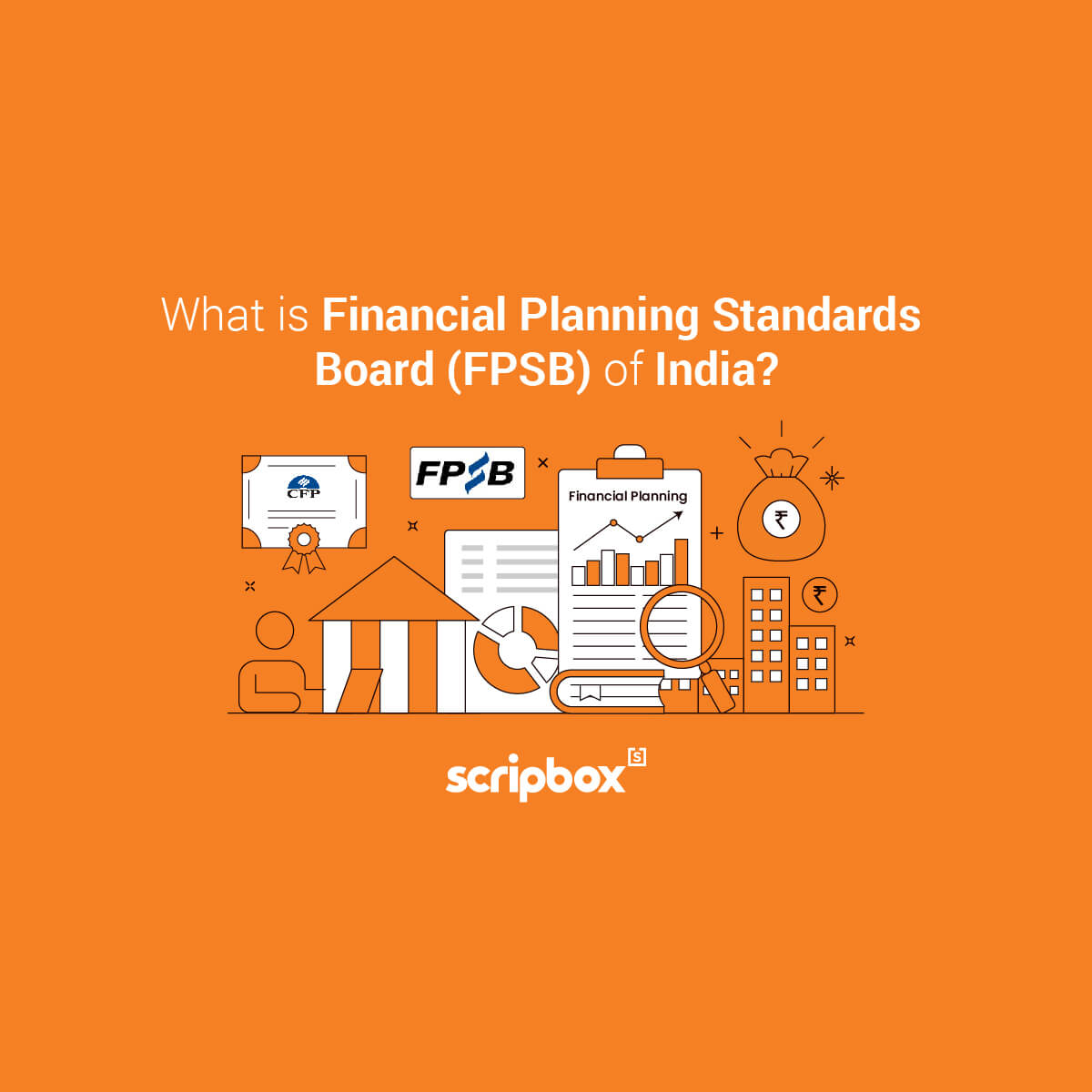
Mutual Funds Factsheet
While investing in a mutual fund, investors may have numerous questions in their minds, and a mutual fund factsheet can answer many of them. A mutual fund factsheet is a comprehensive picture of the fund. What is a Mutual Fund...

Dividend ETF
What is Dividend ETF? A dividend ETF is a type of Exchange Traded Fund that invests in a group of stocks with the potential to offer high dividends. These are passively managed funds that track a particular index. However, the...

Private Equity Fund
What is a Private Equity Fund? A private equity fund is a shared or collective investment scheme that invests across equity and debt instruments. Investors of PE funds directly invest in private companies. It is an alternative investment option for...

Market Maker
The importance of a market maker in the stock market cannot be understated. Participants in an exchange rely upon them for liquidity. Market Makers may be a firm or individual providing the vital service of infusing liquidity in the market....

Average Maturity
Debt mutual funds are investment schemes which invest in debt securities that generate a fixed income. They have a predetermined date and pay fixed interest over the tenure of their existence. Hence the returns from debt funds are more predictable...
Practical Insights For Wealth Creation
Our weekly finance newsletter with insights you can use
Your privacy is important to us

Emerging Market Funds
What is an Emerging Market Fund? An emerging market means a country which is rapidly growing in size and scale and is expected to become a developed country soon. The top index provider of the world MSCI has classified 25...

Passive Mutual Funds
With the shift towards passive funds, many mutual fund houses are launching several passive mutual funds. They require no management costs or frequent portfolio churns and are often less expensive than active investments. As a result, long-term investors can use...

FPSB India
What is Financial Planning Standards Board of India (FPSB)? Financial Planning Standards Board of India is a Public-Private Enterprise. FPSBI is a Professional Standards Setting body for Financial Planners in India. FPSB India aims to guide and oversee the development...









